Subtotal: $150.00
Real time Pcr
Economical
Practical
Stable and accurate heating and temperature control system
Excellent optical system
Powerful comprehensive performance
Report Abuse
Shipping Details
Based on 0 reviews
Be the first to review “Real time Pcr”
You must be logged in to post a review.
Vendor Information
- Store Name: ATLANTIC Scientific and Research Supply
- Vendor: ATLANTIC Scientific and Research Suply
- No ratings found yet!
-
Health & Medical
Fluorescence microscope
Head
Trinocular, 30° inclined, 360°rotating
Eyepiece
WF 10x/20
Nosepiece
Quintuple, reversed
Objectives
IOS N-PLAN 4x, 10x, 20x, 40x, 100x (oil/water)
Stage
Double layer, 233×147 mm, moving range 78×54 mm, X-axis rackless
Focusing
Coaxial coarse and fine, limit stop
Condenser
Abbe N.A. 1.25, iris diaphragm, focusable and centrable
Illuminator
Transmitted: 3.6 W X-LED³, manual brightness control
Incident: High-power blue LEDSKU: n/a -
Health & Medical
Water-Deionizer
Water Deionizer Industrial Waste Water Treatment Equipment Machine
How Water Deionizer Industrial Waste Water Treatment Equipment Works
The Reverse Osmosis process uses a semi-permeable membrane to separate and remove dissolved solids, organics, pyrogens, submicron collodial matter, viruses, and bacteria from water. The process is called “Reverse” Osmosis since it requires pressure to force pure water across a membrane, leaving the impurities behind. Reverse Osmosis is capable of removing 95 – 99% of the total dissolved solids (TDS) and 99% of all bacteria, thus providing safe, pure water.SKU: n/a -
Health & Medical
Flame Photometer
7- inch color touch- screen
Direct concentration display (Don’t cover FP-I640)
Automatic calculation of correlation coefficient (Don’t cover FP-I640)
Pre-selection of flame sizes
Flameout protection device
Measuring range changing
Concentration units selectable
Multilingual user interface
Air compressor provideSKU: n/a -
Health & Medical
ECG Machine
Model number: ECG-903 (Three channel)
Three channel ECG with interpretive
Build in rechargeable Li battery
Chinese/English language
Simultaneous 12 leads
320X240 graphic LCD, 3.8 inch screen
Paper size: 63mmX20/30m
Built in RS232 interface (USB is optional)
128 patients save/copy/communicationSKU: n/a -
Health & Medical
E-Gel electrophoresis System
The Invitrogen E-Gel Power Snap Electrophoresis Device is designed for fast and convenient E-Gel agarose gel electrophoresis, from DNA sample loading to gel view. With the dry precast E-Gel agarose gel technology, you can run DNA samples in as little as 10 minutes and observe sample separation in real time. It is the only benchtop device that seamlessly integrates DNA sample separation and gel visualization into one workflow.
SKU: n/a -
Health & Medical
UV-spectrophotometer double beam
Range 190-1100 nm, basic/quantiative wavelength scan/DNA Protein Test/Kinetic, automatic peak picking spectrum display. Large screen with graphic display. Spectrum and data can be printed out by printer and sent to computer via USB PORT. Set of 4 quartz and 4 glass cuvettes is provided. Software Included (Imported with German Lamps).
SKU: n/a

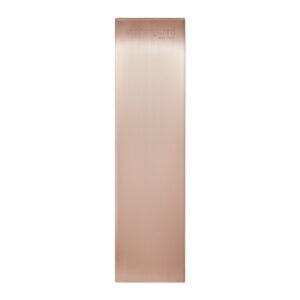 Push Plate
Push Plate 
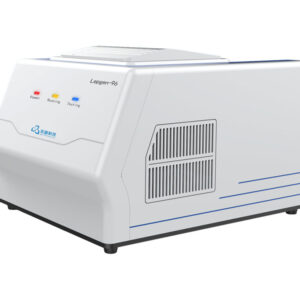
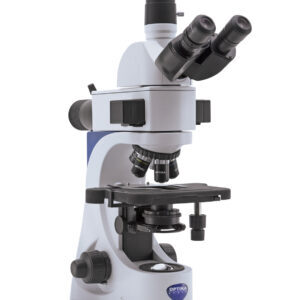
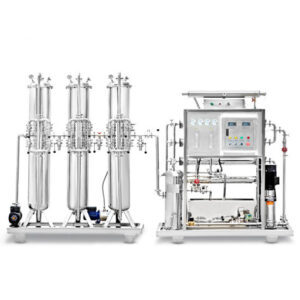
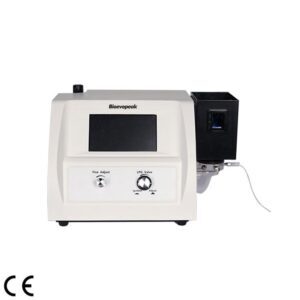
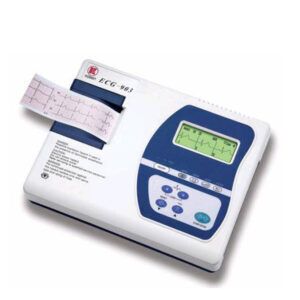
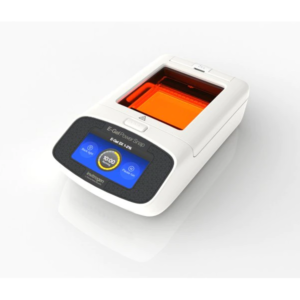
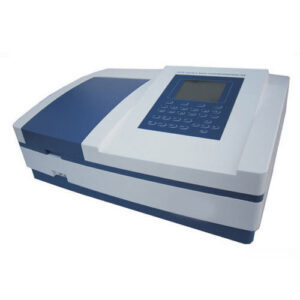
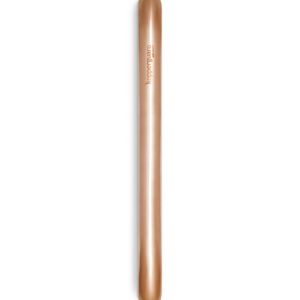
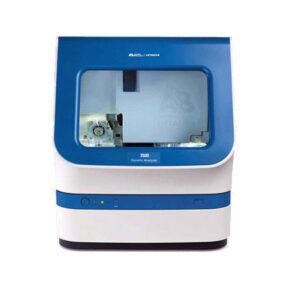
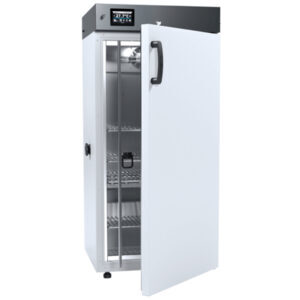
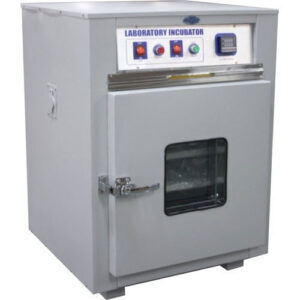
There are no reviews yet.